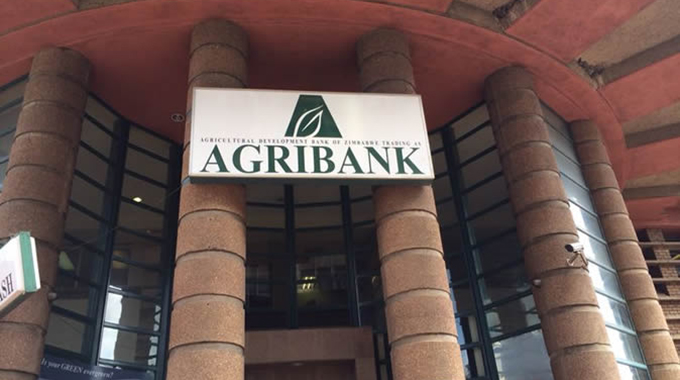South Africans vote with corruption, unemployment big issues

JOHANNESBURG. – South Africans voted Wednesday in presidential and parliamentary elections, with early signs of a relatively low turnout, as voters say they are disillusioned by widespread corruption and unemployment.
Polling stations opened at 7:00am and voting is expected to end at 9pm, although the election commission (IEC) Chief Electoral Officer (CEO) Mr Sy Mamabolo said they would extend the time where necessary.
According to the IEC, 48 political parties are contesting the national elections, although the major challenge is between the governing African National Congress party led by President Cyril Ramaphosa, the largest opposition Democratic Alliance party led by Mmusi Maimane, and the Julius Malema-led Economic Freedom Fighters.
The IEC revealed in March that of the 26 756 898 million registered voters, 14 716 879 million are women, who constitute 55 percent of the voting population. The IEC also said the largest section of voters are aged between 30 and 39, representing 24.99 percent of the roll.
It is 25 years since the end of apartheid, but despite the demise of the harsh system of racial discrimination, South Africa remains divided by economic inequality .
The African National Congress, the party of Nelson Mandela that has been in power since 1994, is likely to win a majority but it will face a difficult challenge to retain the 62 percent of the vote it got five years ago.
The party has been tarnished by widespread corruption scandals and a national unemployment rate of 27 percent that has discouraged many voters. The ANC’s leader, President Cyril Ramaphosa, has campaigned on promises to clean up his party, an acknowledgment of the problems that forced his predecessor to resign last year.
“Corruption got into the way,” said Ramaphosa after voting, saying that graft prevented his party from serving the people.
Selina Molapo, a 38-year-old resident of Tembisa township in eastern Johannesburg, agreed with the president, saying that corruption is a problem and complaining that the ANC did not deliver on its promise of jobs in the previous election campaign.
“In 2014 we voted for the ANC but our situation has not changed,” said Molapo. “I am voting for a different party.”
Firebrand opposition leader Malema voted in his home area of Polokwane in northern Limpopo province. Speaking after casting his ballot, Malema said he expects a good turnout for his leftist EFF party.
“If the people want to continue unemployed, if the people want to continue landless, then they can continue voting for the same party,” said Malema, referring to the ruling ANC. “But if you need change, the EFF is the way to go!”
Malema said he is happy to see South Africans voting, 25 years after the end of apartheid, because “a lot of people died for to have the right to vote.”
The country’s young voters, who make up about 20 percent of the electorate, largely support Malema, who broke from the ANC six years ago. However, registration of voters under 30 years old was relatively low.
According to the IEC, more than 9 million eligible voters did not register to vote.
DA leader Maimane was one of the first voters at the Dobsonville polling station in Soweto, Johannesburg’s largest black township.
“Soweto represents to me the home of the struggle against apartheid and it is where we are now struggling against corruption and for a new government,” Maimane said after casting his ballot. Black support for Maimane’s party is limited because it is generally perceived to be run by whites. – AP









Comments